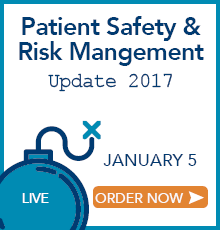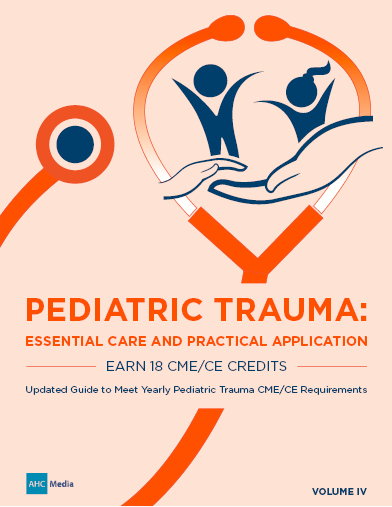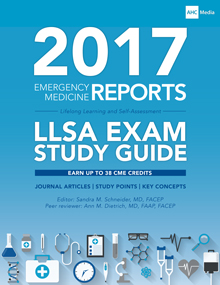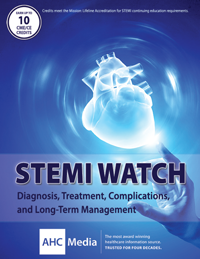Hospitals are Underreporting Medical Device Injuries and Deaths, Says FDA Report
December 12th, 2016
Hospitals regularly delay reporting or fail to report injuries and deaths caused by medical devices, according to a newly released FDA inspection report.
The FDA was concerned, in particular, about infections linked to contaminated duodenoscopes, and about the spread of uterine cancer when a surgical instrument, known as the power morcellator, is used to excise and cut tissue. An FDA blog post from Jeffrey Shuren, MD, JD, Director of FDA’s Center for Devices and Radiological Health, revealed that 15 of 17 hospitals that experienced such events were either late or failed to report the harm caused by these devices to the FDA.
The risks related to morcellation highlight some of the pitfalls of device related reporting. Morcellation risks were brought to the public’s attention after a patient underwent a hysterectomy and follow-up tests revealed she had aggressive uterine cancer that had spread throughout her abdomen. The Massachusetts hospital that performed the procedure contacted the FDA informally, but believed the incident did not meet the criteria for mandatory reporting because the device had functioned as expected. The FDA issued a safety communication regarding morcellation, highlighting the potential spread of uterine cancer.
According to Shuren, three important lessons were learned from these failures:
- some hospitals did not submit required reports for deaths or serious injuries related to devices used at their facilities, and in some cases did not have adequate procedures in place for reporting device-related death or serious injury events to the FDA or to the device manufacturers;
- hospital staff often were not aware of, nor trained to comply with, all of the FDA's medical device reporting requirements; and
- there is a better way to train hospital staff to provide real-world information needed by the FDA, and the FDA should work within the hospital community to determine best practices, especially in light of developments in utilizing electronic health information.
On Dec. 5, 2016, the FDA held a conference entitled, “The Role of Hospitals in Modernizing Evidence Generation for Device Evaluation: Harnessing the Digital Revolution for Surveillance.” The agenda addressed these and other issues. Compliance Mentor will report on the important takeaways from this meeting in the January issue.

FEATURED RESOURCES





